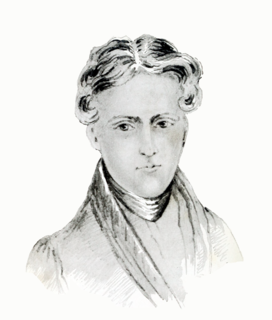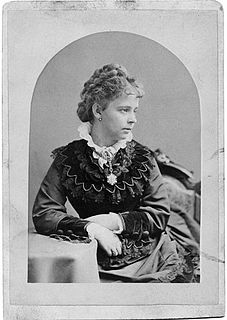A Quote by Martin Filler
Before the professionalization of architecture in the nineteenth century, it was standard for an aspiring mason or carpenter to begin his apprenticeship at fourteen and to become a master builder by his early twenties.
Related Quotes
Most of what I read is for reviewing purposes or related to something I want to write about. It's slightly utilitarian. I definitely miss that sense of being a disinterested reader who's reading purely for the pleasure of imagining his way into emotional situations and vividly realized scenes in nineteenth-century France or late nineteenth-century Russia.
The difference between the novice and the master is simply that the novice has not learnt, yet, how to do things in such a way that he can afford to make small mistakes. The master knows that the sequence of his actions will always allow him to cover his mistakes a little further down the line. It is this simple but essential knowledge which gives the work of a master carpenter its wonderful, smooth, relaxed, and almost unconcerned simplicity.
The real master is only a presence. He has no intentions of being a master. His presence is his teaching. His love is his message. Every gesture of his hand is pointing to the moon. And this whole thing is not being done, it is a happening. The master is not a doer. He has learned the greatest secret of life: let-go. The master has drowned his ego and the idea of separation from existence itself.
He[Napoleon] had destroyed only one thing: the Jacobin Revolution, the dream of equality, liberty and fraternity, and of the people rising in its majesty to shake off oppression. It was a more powerful myth than his, for after his fall it was this, and not his memory, which inspired the revolutions of the nineteenth century, even in his own country.
Given that the nineteenth century was the century of Socialism, of Liberalism, and of Democracy, it does not necessarily follow that the twentieth century must also be a century of Socialism, Liberalism and Democracy: political doctrines pass, but humanity remains, and it may rather be expected that this will be a century of authority ... a century of Fascism. For if the nineteenth century was a century of individualism it may be expected that this will be the century of collectivism and hence the century of the State.
If you become a master of meaning, you become a master of your life. Two people can have the same experience. One person decides that because of that experience his or her life is over, while the other decides that God has challenged him or her to step up, face the challenge, and become more than he or she ever was before.
Wilhelmine Germany was hostile to the expression of same-sex love - and, of course, Mann would have known of the fate of Oscar Wilde. His early reading of Platen's poetry, and, probably when he was in his early twenties, of Platen's diaries, introduced him to a form of sexual expression he found profoundly congenial. It's not quite Platonic.




































